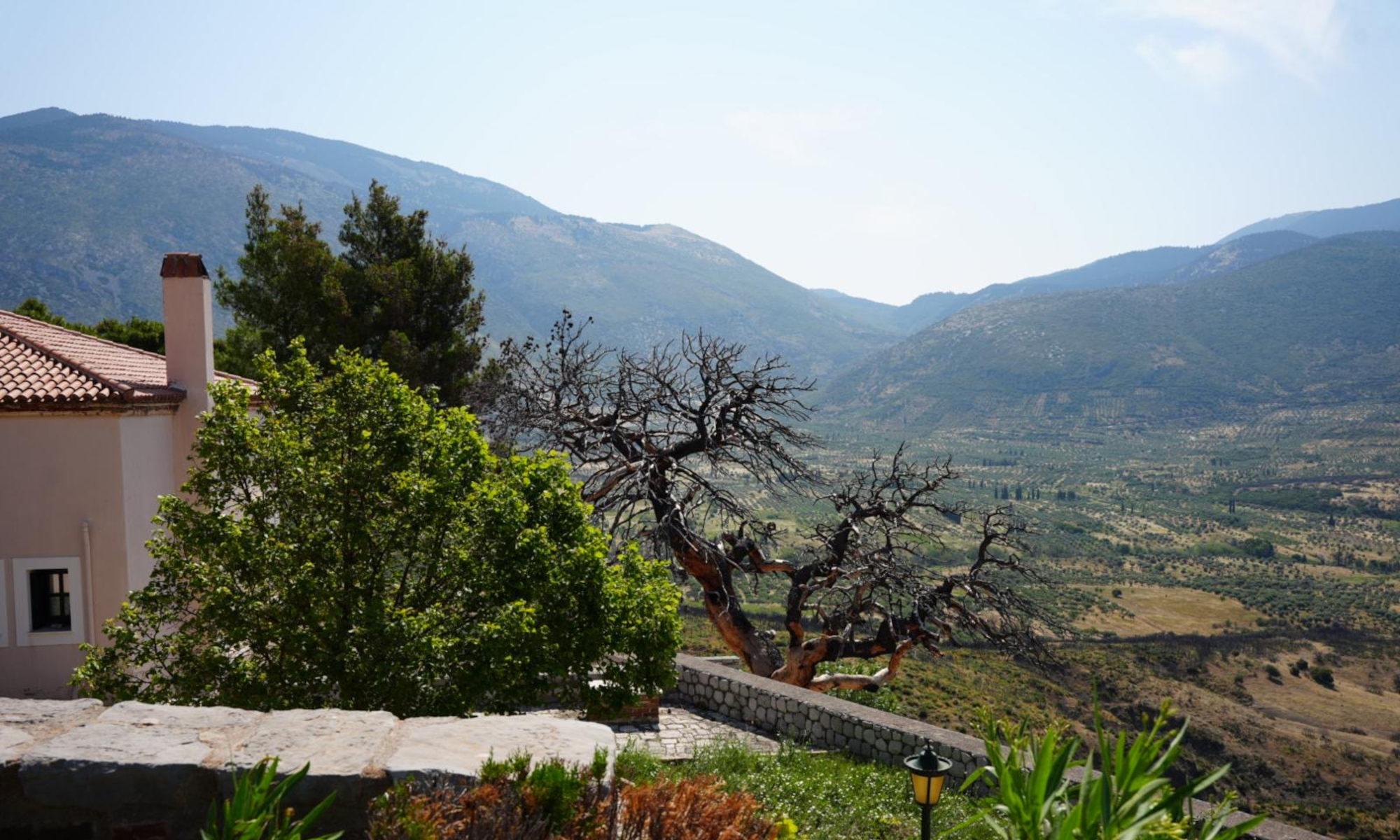By Mara DuBois
Diana “Dida” Petríková paused for a moment on the steps outside Empros Theatre in central Athens, looking out at the hundreds of people filling the street. She saw other members of her team from HipHop4Hope, a program dedicated to empowering migrant and refugee youth in Athens, scattered throughout the crowd. She got goosebumps as she took in their work.
The April sun streamed through the colorful graffiti-filled walls lining the block. With DJ Greetana on music, artists ran graffiti and dance workshops throughout the street and people of all ages and backgrounds joined together in an afternoon of music and expression. The night continued with performances on the Empros stage, capturing the essence of the third annual Raise the Bounce event: a celebration of art, dance, and diversity through community.
“We had theater acts, big parties, so many people,” Husnain Shahid, 24, who is originally from Pakistan and has lived in Athens for eight years, said. “It was so lovely.”
Hundreds attend events like Raise the Bounce, and workshops attract groups from all over the city and beyond. “We take courage and create things,” Petríková, who moved from Slovakia to Athens last year to work as a dance teacher and coordinator for HipHop4Hope, said.
But for all its success, the program is now threatened by a global shift in political and ideological priorities that has limited the amount of funding available for NGOs.
Upon taking office on January 20, 2025, United States President Donald Trump severely cut back on the funding that USAID and the U.S. State Department could distribute to aid organizations worldwide. The impacts of these cuts have reached Greece.
HipHop4Hope fears losing funding as a grant-dependent program under Respect for Greece, a German NGO founded in 2015 to address the EU’s response to the influx of refugees and migrants arriving in Greece. There are fewer grants available for next year as philanthropists prioritize the funding of programs they deem most urgent, and ones that have supported HipHop4Hope for years are unable to give the same amount. “This is the biggest challenge,” Petríková said. “Without resources, we can’t live,” she continued.
However, in such a divisive time, HipHop4Hope is essential. Over the past 10 years, immigrants from Africa and the Middle East have arrived in Greece hoping to find a new home in the country. Not only does HipHop4Hope provide a space that fosters diversity and is inclusive of these communities, but it also gives migrant youth an outlet to change the trajectory of their lives.
Shahid joined HipHop4Hope as a student in 2019 where he learned to dance. “Before HipHop4Hope, I was not so good at meeting people. I always had anger issues,” he said. HipHop4Hope made him realize, “you can leave a good impact on anybody.”
Shahid now works as a receptionist on Kos, a tourist hotspot island in the Aegean Sea. While no longer able to frequent HipHop4Hope workshops or events, dance still holds an everyday presence in his life. He says he practices alone on the beach, and whenever he is back in Athens, dancing with his team is a priority.
Receiving two days off from work the first week of July, Shahid travelled back to Athens for less than 48 hours. Exhausted from a long day of travel, he was in bed early the night he arrived. At 10pm his phone rang. Momo Belhedi, whom Shahid met through HipHop4Hope, was on the other end of the line. “He called me and was like ‘no, no, bro come,’” Shahid said. Shahid went and practiced with his friends, dancers from HipHop4Hope, for two and a half hours that night.
HipHop4Hope hasn’t only left a permanent mark on Shahid. Petríková has seen dance transform the lives of many youth in the program, and reflected on the role art has played in her life. “I think that’s why I do it, because I feel it also saved my life, in some sense, so I know that it can help others,” she said.
HipHop4Hope provides an essential outlet for expression that would otherwise be absent from the lives of refugee and migrant youth.
“I hope we won’t be forced to stop because of these politics,” Petríková said.
